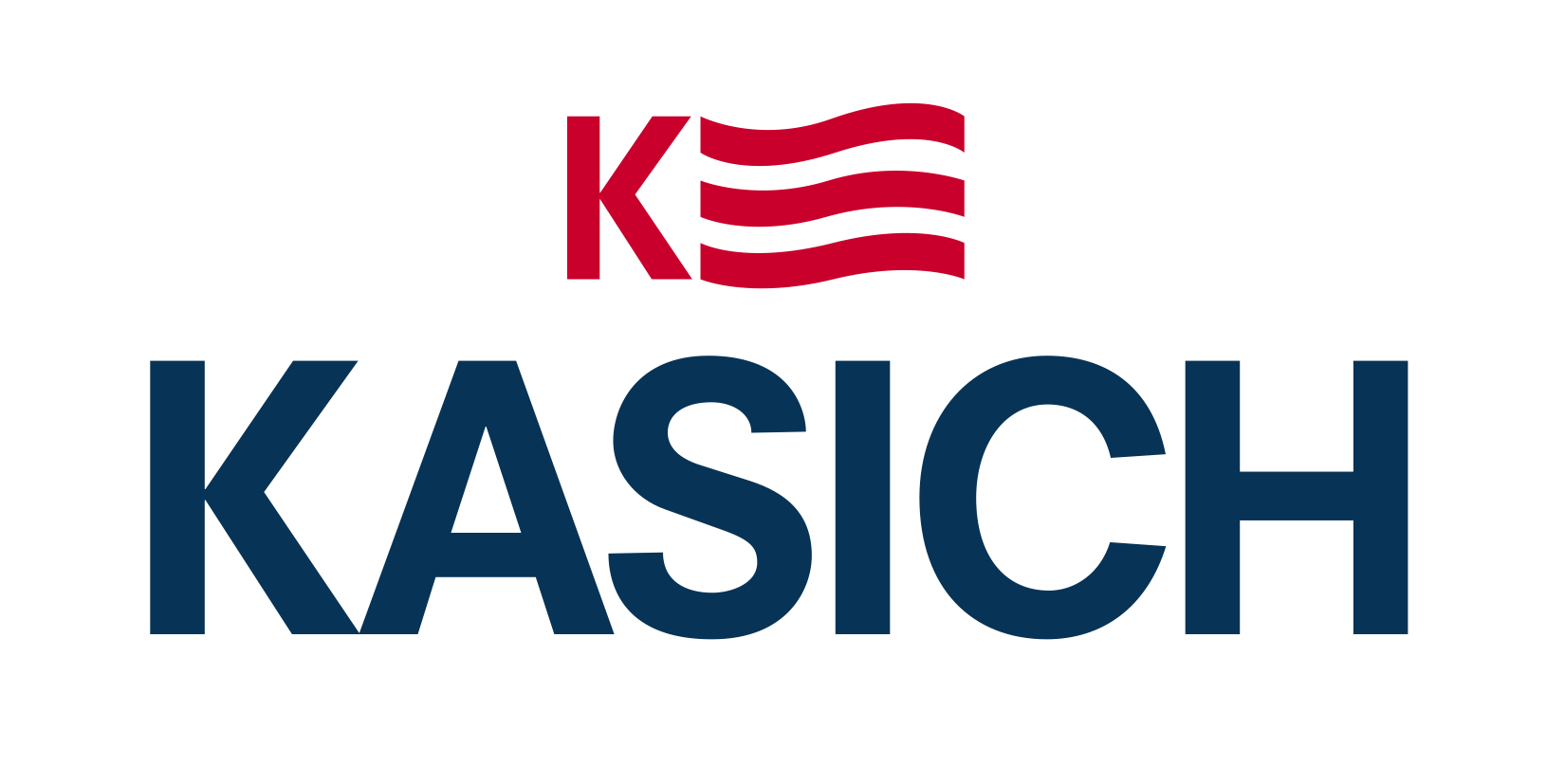WSJ Op-Ed: Roads and Bridges Can Bridge the Parties
Out in today’s Wall Street Journal, Gov. Kasich authored an op-ed about the ongoing discussions in D.C. about investing in America’s vital infrastructure.
Roads and Bridges Can Bridge the Parties
By John R. Kasich
‘Finally—something America can agree on!” That was my thought seeing President Trump, Speaker Nancy Pelosi and Senate Minority Leader Chuck Schumer discuss infrastructure last week.
Transportation, which is only possible with safe, solid infrastructure, is essential to the U.S. economy. A nation that grows and makes things must also be able to move things. Yet transportation infrastructure hasn’t kept pace with states’ most pressing needs.
That problem won’t be solved by piling even more debt on our children to finance central planning from Washington. Unfortunately, it appears that Congress and the White House are heading toward a $2 trillion federal spending plan. That’s getting it wrong. Getting it right would require returning money and control back to the states.
When I became Ohio’s governor in 2011, we got creative. With an infrastructure funding shortfall and no help in sight from Washington, we leveraged the untapped value of the Ohio Turnpike. By issuing bonds against future turnpike revenue, we put an additional $1.5 billion into our highways—all without raising the state gasoline tax. During my eight years as governor, Ohio invested a record $16.4 billion in transportation infrastructure, financing important repairs and construction.
We found solutions in Ohio despite a flawed system that leaves states and municipalities responsible for building and repairing their streets, highways and bridges but leaves most of the fiscal and decision-making power in Washington. The problem is made worse by stagnating federal gasoline-tax revenue, which weakens federal support to the states for transportation infrastructure.
Any new plan should shift control of infrastructure funding to states and municipalities, letting them directly manage their needs and establish their own priorities. That was the aim of a bill I sponsored in 1998 as a member of Congress. The bill failed, but the idea is needed more than ever.
Instead of sending gas-tax money to Washington, which keeps some and returns only part of the money to the states, Congress should end the program. Scale back the 18.4-cent-a-gallon federal levy to a few cents a gallon, leaving enough money to maintain the interstate system and oversee other safety concerns. With the bulk of the tax eliminated, states would be responsible for levying their own taxes to build and maintain their transportation systems. States would regain control and stop losing money to Washington.
Washington could also help by removing regulations that prohibit state-collected tolls on interstate highways and keep states from privatizing rest areas. States need more options to finance infrastructure improvements, and drivers would get more value for their gasoline-tax dollars.
It’s time for Congress and the Trump administration to prove they are serious about improving U.S. infrastructure and capable of finding common ground on behalf of the American people.
